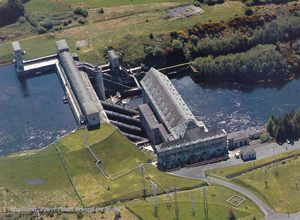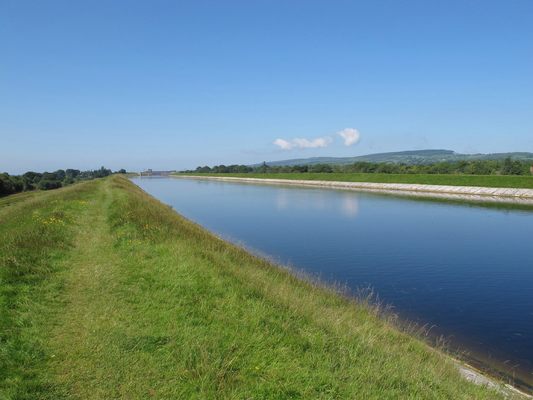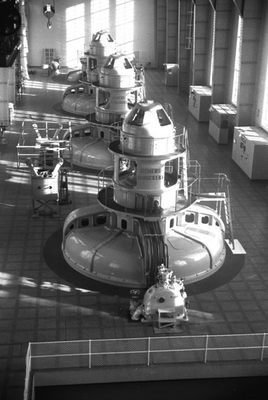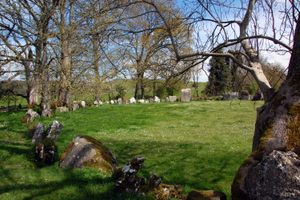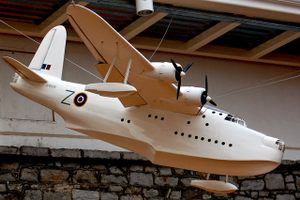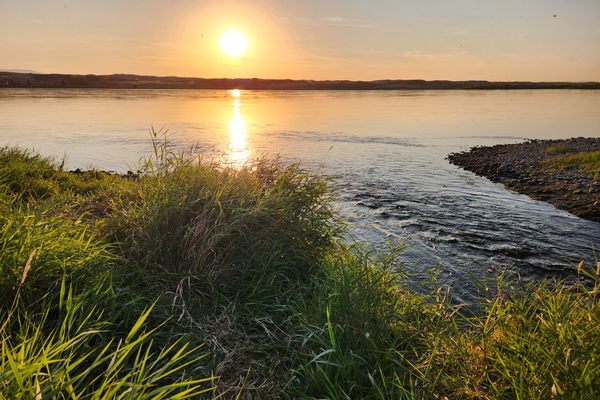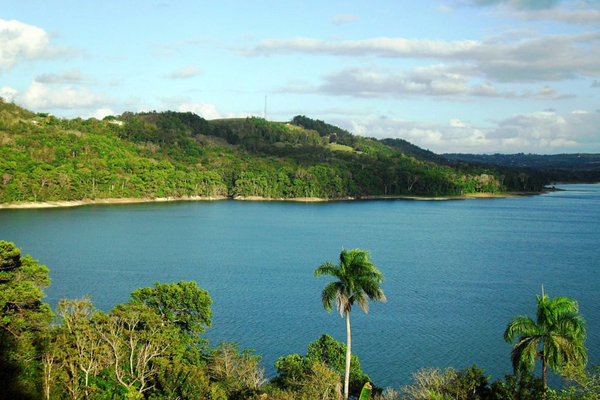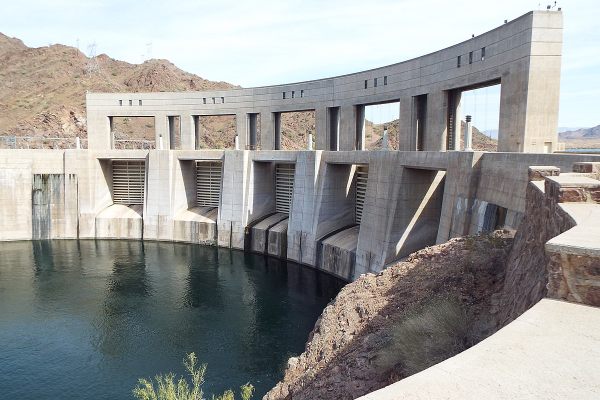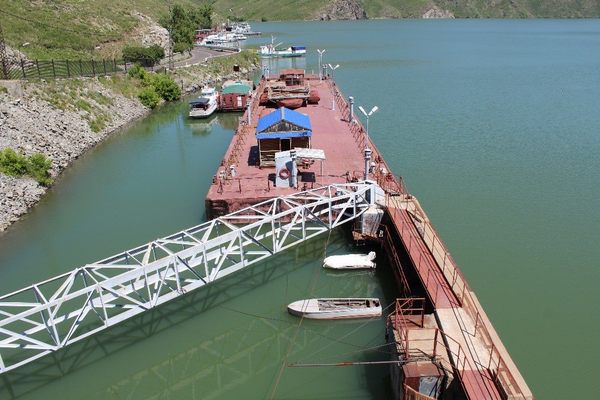About
In 1925, just three years after the establishment of the Irish Free State, the Irish government embarked on a project that would absorb 2o percent of the national budget for years. This project was known as the hydroelectric power scheme on the River Shannon. The major installation along this scheme was the Arnacrusha dam and power station, along with the eight-mile long headrace canal that diverted water from the Shannon to the dam.
At the time, it was the most powerful hydroelectric power station in the world, eventually surpassed by the Hoover Dam. The plant was constructed by the German company Siemens-Schuckert but was designed by Irish engineer Thomas McLaughlan. During construction, over 5,000 workers, many of them Germans, were involved in working on the plant.
During this time, Ireland had minimal provisions, and thus, a rather small demand for electricity. At the time the power station was constructed, it could have supplied the entire country if the network permitted. It's still utilized today, but demand has changed and the plant now only provides two percent of Ireland's power.
It's possible to take guided tours of the power station, where visitors can see the turbine hall with its single Kaplan and three Francis turbines which convert the falling water into energy. Construction also involved the installation of fish ladders that allow migratory fish into the upper parts of the Shannon.
Related Tags
Know Before You Go
In 2002, the American Society of Civil Engineers designated the site as an Engi Milestone of the 20th Century. The visitors' center was refurbished in 2019. Coordinates given are for the power station, but do not miss Parteen Weir, around eight miles upstream. The route of the headrace canal forms part of a 42 mile long trail known as the Lough Derg Way, from Limerick to Dromineer (County Tipperary).
Community Contributors
Added By
Published
April 9, 2020
